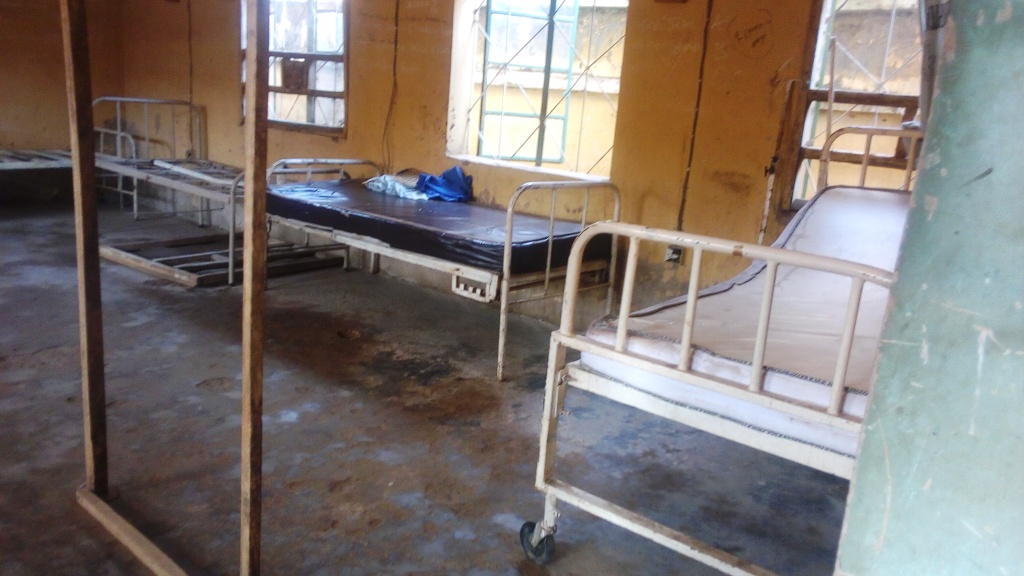By Tariah Adams
20 years ago, Nigeria introduced the Ward Development System (WDS) into the Primary Health Care (PHC) system to revitalize the National Primary Health Care Development Agency.
This followed the World Health Organisation (WHO) Alma-Ata declaration which says “the people have a right and duty to participate individually and collectively in the planning and implementation of their health care”.
The committee was designed to strengthen local communities to participate in health decision making and also disseminate health information.
The committee provides health information to villagers that assist them to take control over their own lives, change risky health practices, contributes to activities for community health improvement programmes, enhances credibility and cooperation among members, ensure greater acceptance of new novel ideas, aids utilization sustainability of health care services at grassroots and act as link between the communities and the state primary health care development agencies.
The ward health development committees are made up of influential people within the communities with passion to improve health care services.
The committee is a representation of the groups within the communities, like the teachers association, farmers associations, women groups, men groups, youth groups, religious groups and is mostly headed by the traditional leader.
In addition, WDCs collaborates with government organizations and private agencies such as NGOs for various intervention programmes.
However, 20 years after, many WDCs are still not functional and are not participating in the health care decision making process in their communities.
This is because the Ward Health Development Committees and State Primary Health Care Development Agencies are limited by weak engagement system and lack of resources to integrate an effective engagement system for varying reasons ranging from
- Lack of capacity of WHDC members to carry out their responsibilities
- Lack of tools to carry out their duties
- Low participation of women in most communities
- Lack of funds
Performance of WDCs is even more critical in states with a high percentage of hard to reach communities, where implementation of health intervention would need the support of viable structures within the communities.
With 76,363 km² and 23,242 communities, Niger State is the largest state by land and with a high percentage of hard to reach communities, the key strategy for promotion of health is to activate and ensure WDCs are functional and can provide feedback on challenges regarding access to health care services.
To address this gap, WRA Nigeria is providing technical support to the Niger State state Primary health care development agencies to build the capacity of WDCs, develop tools and engagement strategies to improve performance of WDCs in Niger State.
So far, the WDCs in 66 wards have received capacity building support and a functionality matrix, a performance improvement framework and reporting tools have been developed to support WDCs in the state.
A one-day training of WDC LGA reporting template was organized in Minna, Niger State to support health educators to collate WDC reports at the local government level.
Speaking, during the training, the Deputy Director Research Statistics and Planning, Niger State Primary Health Care Development Agency, Dr Inowa Jiniadu stressed the need for improved performance of WDCs in the state.
‘’WDCs are the link between policy makers and the communities, they translate government policies to actions in the communities’’ their performance is critical for the effective implementation of government policies in the communities.
When WDCs do not function, government policies are poorly implemented in the communities as there is a gap in how policies are translated at that level.
Also, speaking at the training, Christy Asala, National Coordinator of the White Ribbon Alliance Nigeria, stated that to improve health comes communities must be empowered with knowledge and tools to take part in the decision-making processes of their health.
She said to create lasting solutions in the health system, WRA Nigeria is working with the Niger State government to build credible community engagement platform that can hold, contribute and sustain conversation around health promotion, especially in times of COVID-19 so that communities can contribute meaningfully to conversations of accountability.
She called on the media to promote conversations that can harvest citizens’ voices for decision-making as well.
Dr Inowa Junaidu, Deputy Director Department of Research and Statistic Niger State Primary Health Development Agency.

 Join Daily Trust WhatsApp Community For Quick Access To News and Happenings Around You.
Join Daily Trust WhatsApp Community For Quick Access To News and Happenings Around You.


